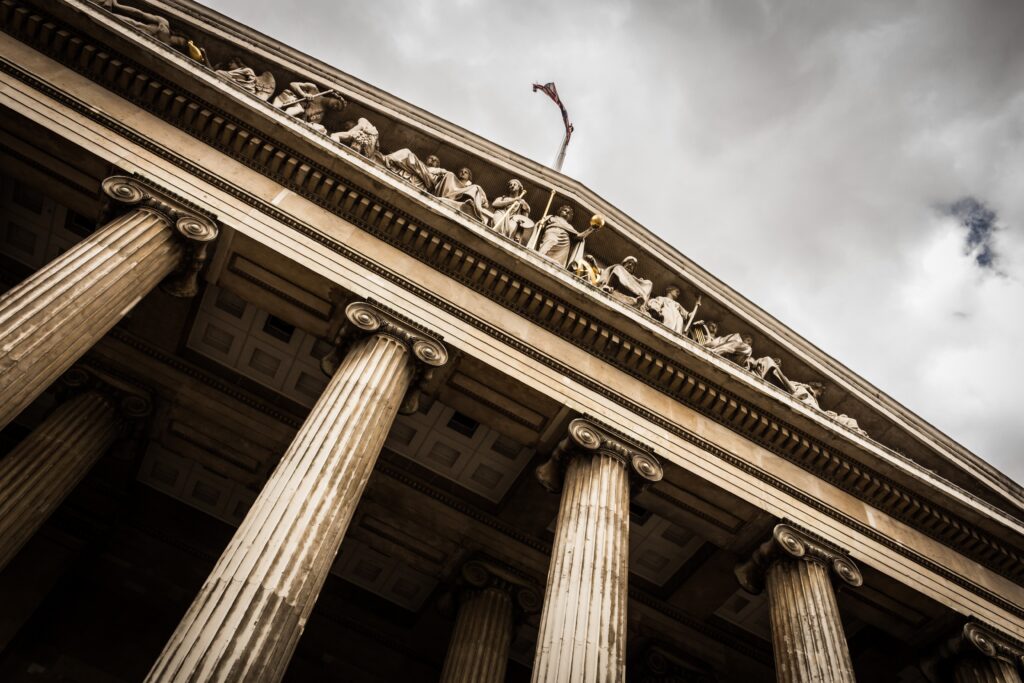In an era where democratic norms are increasingly under threat, the role of journalists becomes even more vital as they serve as society’s watchdogs, ensuring that power remains accountable and citizens informed. Corruption is a significant symptom and enabler of democratic backsliding and often thrives in the shadows, concealed by a veil of secrecy, misinformation and, sometimes, outright intimidation. When journalists cover such stories, they not only unearth wrongdoing but also contribute to the larger project of preserving, strengthening and attempting to fully realize democratic values and safeguard institutions.
However, the very act of exposing corruption at the local, state and national level is fraught with challenges. Journalists can face discreditation campaigns, legal threats or even physical harm. To navigate this treacherous terrain, adherence to best practices is imperative. By adopting a stringent code of conduct, journalists can ensure that their work is not only accurate and impactful but also ethically grounded. In the face of disinformation and attempts to undermine the truth, a rigorous commitment to best practices serves as both a shield and a beacon, guiding journalists and their audiences toward a clearer understanding of the state of their democracy.
Guides & Best Practices
European Union and the Council of Europe
“Training manual: Reporting on corruption and investigative journalism” this 60-page guide provides a deep dive into reporting on corruption. It covers journalistic ethics, the nuts and bolts of investigative journalism, and the specific challenges of reporting on corruption.
Organisation for Economic Co-operation and Development
“The role of the media and investigative journalism in combating corruption” dives specifically into the subject of foreign bribery, exploring best practices and the challenges in the detection of international corruption cases via media reporting and investigative journalism.
Assistance
There are several reputable, non-partisan organizations and institutions that offer data, research and insight on corruption. Here are some that reporters and editors might find useful:
Organized Crime and Corruption Reporting Project is a not-for-profit investigative reporting platform for a worldwide network of independent media centers and journalists. It operates the Aleph data platform, which brings together a vast archive of current and historic databases, documents, leaks and investigations to allow reporters to connect the dots and unveil corruption. It also provides services to help journalists network trace people, companies and assets.
Open Secrets tracks money in U.S. politics and its effect on elections and public policy. Their mission is to track the flow of money in American politics and provide the data and analysis to strengthen democracy. Open Secrets provides access to their data, which can be localized for regional reporting.
ProPublica is a top investigative newsroom focused on exposing abuses of power and betrayals of the public trust by government, business and other institutions. They also provide a data store on a variety of topics, including politics, business, finance and the military.
The Global Investigative Journalism Network is an international association of nonprofit organizations that support, promote and produce investigative journalism. It provides a vast trove of resources for journalists, including those directly and tangentially related to covering corruption. These include a collection of video resources on investigating organized crime and corruption; a guide to investigating organized crime; and a guide to undercover reporting in countries where there are not good rules around public record transparency, as well as resources for developing more specific skills used in uncovering corruption, including open-source intelligence techniques.
The International Consortium of Investigative Journalists is an independent global network of investigative journalists and media organizations. It provides access to a leaked offshore database that was used in the Panama Papers and various other investigations.
MuckRock helps file, track and share public records requests to keep the government transparent and held accountable.
Bellingcat is an independent investigative collective of researchers, investigators and citizen journalists sharing open source research to expose wrong-doing and hold the powerful to account. The group offers workshops and guides.
Additional Resources
Committee to Protect Journalists
“Protecting journalists who cover corruption is good for the bottom line” by Courtney C. Radsch
Article
Media Helping Media
“10 tips for investigating corruption” by Don Ray
Article
German Marshall Fund
“The anti-corruption role of free media and investigative journalism” by Martina Hrvolova, Jonathan D. Katz and John Alexander
Article
Guardian
“How to expose corruption, vice and incompetence – by those who have” by Mark Rice-Oxley
Q&A
Reuters Institute
“The role of journalism in disrupting corruption” by Marina Adami
Article and Video
Transparency International
“The high costs journalists pay when reporting on corruption”
Article
U.S. Department of State
“Implementing the U.S. strategy on countering corruption”
Press release
Pew Research Center
“Money, power and the influence of ordinary people in American politics”
Article
Harvard Law Today
“A history of corruption in the United States” by Christine Perkins
Q&A




